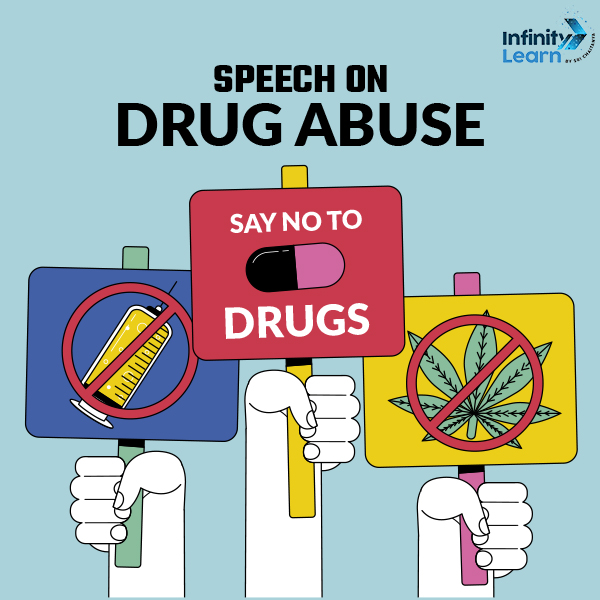4 Easy Facts About Drug Rehabilitation Shown
Table of ContentsLittle Known Questions About Drug Rehabilitation.Things about Drug RehabilitationExamine This Report about Drug RehabilitationDrug Rehabilitation Can Be Fun For EveryoneDrug Rehabilitation Can Be Fun For Anyone
This entails attending to the entire person to make sure that all of the underlying domino effects of the dependency are effectively looked after and corrected. This offers people the tools they need for a complete return to a happy, healthy and balanced, substance-free life. Medication addiction "therapy" is a little bit of a deceptive term it indicates that people with dependencies are "all much better" after they have obtained some type of therapy.Also people with years of effective recovery must stay mindful of their possibility for relapse, and they must make use of the tools they found out in treatment to prevent it. Words "rehab" additionally suggests that a person is being fixed after being mischievous, which is regular with culture's stigma concerning addiction. Drug Rehabilitation. Component of the recuperation procedure is for people with addictions, and their family members, to learn that dependency refers biology and not morality
After all, transitioning from physical and mental addiction to a healthy and delighted lifestyle is a huge adjustment. It is necessary that the actions to medicine rehab be effectively resolved during the medication rehabilitation procedure. There are four phases of addiction recovery: Addiction analysis is an especially critical component of the rehabilitation procedure.
This becomes part of the underlying psychology of addiction, and it reinforced by worries of arrest for belongings and judgment from household and pals. The analysis process needs acquiring count on and appearing that deceptive nature. The specific demands to identify which compounds were used and the degree of their compound usage.
Drug Rehabilitation Can Be Fun For Everyone

For several people with dependencies, concern of withdrawal is a major barrier to leaving their dependency, and that concern maintains them from also trying. Withdrawal and medicine detoxification do not have to be a dreadful experience.
This is where the underlying reasons for dependency are addressed. For lots of people with compound addiction, their material use is no more about getting high. Instead, it became a repetitive, everyday process of avoiding withdrawal signs and symptoms and running away from their reality. Drug rehabilitation is the process where the deep issues around the addiction are recognized and dealt with.
Drug Rehabilitation - An Overview
Rather, it can be stated that rehabilitation is the process of exploration, while what occurs later is recuperation. The addicted mind usually starts to think specifically after an amount of time in abstinence that it is okay to try drinking or using compounds again. This rarely functions, and the large majority of people that try drinking or utilizing drugs again will rapidly finish up where they were in the past.

Sober living houses are a particularly effective strategy to aftercare when a person is released from try this out rehabilitation. People and their households must go over these alternatives with their therapists while still in rehabilitation. There see this site are various kinds of therapy for dependency, based on the level of care supplied. When choosing the level of therapy, the choice ought to be based on what will provide the individual the most effective opportunity of success in recovery not on what the specific desires to do.
This is a bad mix, as it drives many individuals to believe that they can stop using drugs or alcohol consumption on their own. Thus, they might hesitate to see and confess that they require a greater degree of treatment, such as inpatient rehab. Detoxing from a compound is not the same as therapy for material addiction.
9 Simple Techniques For Drug Rehabilitation
, people's minds are jumbled and they really feel literally and mentally ill. They are not receptive to any kind of kind of therapy or therapy up until their minds clear and they are really feeling far better.
Like inpatient treatment, residential therapy offers the healing effect of removing people from their useless way of living and environment and putting them in secure, healthy and balanced surroundings. click here for more This permits them to reorient their lives and thought procedures while concentrating on distraction-free recovery. Residential rehab varies from inpatient rehab (Drug Rehabilitation) because it is done in a center beyond the healthcare facility system and usually includes a longer remain.
People receive therapeutic solutions on-site throughout the day, yet go home or to a sober living facility at evening. The strength of the daytime therapy will depend on specific demands and the programs readily available at the outpatient center. Most people with serious addiction will likely have much better results in inpatient treatment and rehab.
What Does Drug Rehabilitation Mean?
Long-term household treatment programs usually make use of a healing technique understood as the healing community (TC). This is a strategy to re-socializing individuals whose dependency has seriously affected their capacity to suit culture. These consist of people with serious criminal behavior, individuals who are homeless, teenagers and people with significant psychological health disorders.